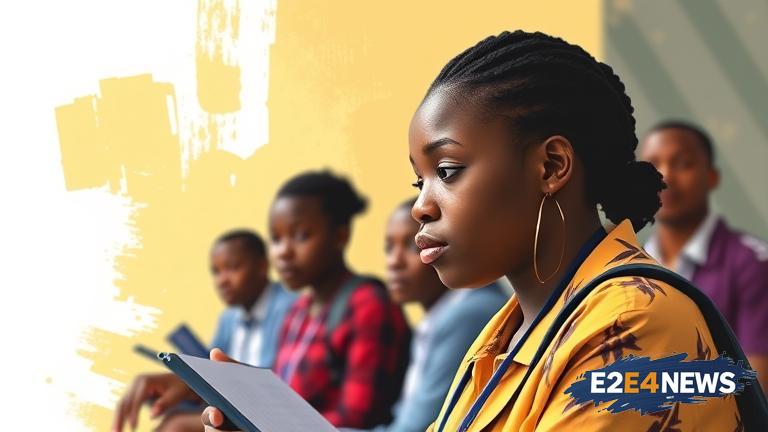In Liberia, a growing number of students who have successfully passed the WASSCE are being rejected by universities, despite meeting the necessary requirements. This trend has raised concerns about the accessibility and affordability of higher education in the country. The WASSCE is a standardized test that is used to assess the academic performance of students in West Africa, and it is a requirement for university admission in many countries, including Liberia. However, it appears that passing the WASSCE is not a guarantee of university admission, as many students are being turned away due to various reasons. Some of the reasons cited for the rejection include lack of space, high competition, and stringent admission requirements. Many students who have passed the WASSCE are being forced to seek alternative routes to higher education, such as attending private universities or colleges, which can be expensive and out of reach for many. The situation has sparked concerns about the country’s education system, with many calling for reforms to make higher education more accessible and affordable. The Liberian government has been criticized for not doing enough to address the issue, with some arguing that the country’s education system is not equipped to handle the growing number of students seeking higher education. The University of Liberia, which is the country’s largest public university, has been at the center of the controversy, with many students accusing the institution of being selective in its admission process. The university has defended its admission process, citing the need to maintain high academic standards. However, many students and education advocates argue that the university’s admission process is unfair and discriminatory. The issue has also highlighted the need for more investment in the country’s education sector, particularly in the area of infrastructure and human resources. Many schools in Liberia lack basic facilities, such as libraries, laboratories, and computers, which can hinder the learning process. Additionally, the country faces a shortage of qualified teachers, which can affect the quality of education. The Liberian government has pledged to increase funding for education, but many argue that more needs to be done to address the systemic challenges facing the sector. The situation has also sparked concerns about the future of Liberia’s youth, with many worrying that the lack of access to higher education could lead to a brain drain and social unrest. Some have called for the government to introduce policies that can help increase access to higher education, such as scholarships, grants, and student loans. Others have suggested that the government should invest in vocational training and technical education, which can provide students with skills that are in demand in the job market. The issue has also highlighted the need for greater collaboration between the government, universities, and private sector institutions to address the challenges facing the education sector. Many private universities and colleges have sprung up in recent years, offering a range of academic programs, but these institutions are often expensive and out of reach for many students. The government has been urged to regulate the private education sector to ensure that institutions are providing quality education and are affordable for students. In conclusion, the issue of university admission in Liberia is complex and multifaceted, and it requires a comprehensive approach to address the systemic challenges facing the education sector. The government, universities, and private sector institutions must work together to increase access to higher education, improve the quality of education, and provide students with the skills and knowledge they need to succeed in the job market.
